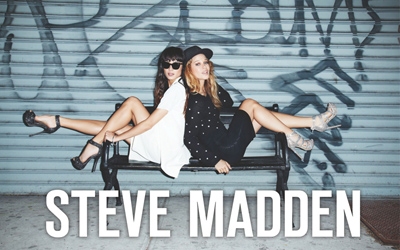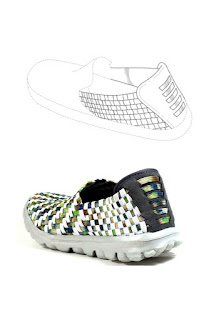 |
| Taylor Swift |
The singer strikes a deal to end the trademark dispute right as she was scheduled to submit to a deposition reports The Hollywood Reporter.
Taylor Swift has put to end to an uncomfortable legal difficulty with a confidential settlement executed with Blue Sphere, an Orange County-based clothing company that accused the singer of infringing its "Lucky 13" trademarks.
The lawsuit against Swift was filed in May 2014 as Delortae Agency reported here Taylor Swift Sued by Lucky 13 Apparel Company for Trademark Infringement, after she allegedly began marketing clothing bearing the "Lucky 13" phrase and made a partnership with a greeting card company conducting a "Lucky 13" sweepstakes.
In recent months, the litigation had evolved from a ho-hum trademark case into one that delved into many aspects of Swift's business acumen and had the prospect of becoming embarrassing ahead of a trial that was scheduled for January.
In particular, Blue Sphere and Swift went several rounds over whether she'd have to submit to a deposition. Swift claimed "harassment" as well as a busy tour schedule with the plaintiff investigating endorsement deals and serving subpoenas on Elizabeth Arden, Coca-Cola Company, Proctor & Gamble, Toyota Motor Sales and Papa John's, among others.
Her agents at William Morris Endeavor handed over its documents pertaining to Swift while attorneys for Blue Sphere continued to hunt for such items like all photographs and videos of Swift in which her buttocks or breasts were at least partially visible. The effort was made in part to figure out how products were being named, what other products might have been contemplated, and whether there were searches of trademark records in conjunction with all this. Additionally, Blue Sphere looked to investigate Swift's control over her brand and understanding of marketing channels.
In August, a judge cleared the way for a deposition, though the two sides continued to fight over timing.
Those looking for a better understanding of why Swift filed registrations on such marks as "this sick beat" or how hands-on she has been in her business won't learn anything more in the case. On Friday, the parties told a judge of the settlement agreement resolving all claims.
Swift was represented by J. Douglas Baldridge at Venable while Blue Sphere was handled by Gary Rinkerman at Drinker Biddle & Reath.
✿ » For trusted authentic luxury products & services, visit The UK's Most Trusted Online Reseller
RELATED ARTICLES
» Taylor Swift Sued by Lucky 13 Apparel Company for Trademark Infringement
» Stella McCartney sues Steve Madden Over Handbag Rip Off
» Skechers Sues Steve Madden For 'Go Walk' Patent Infringement
















